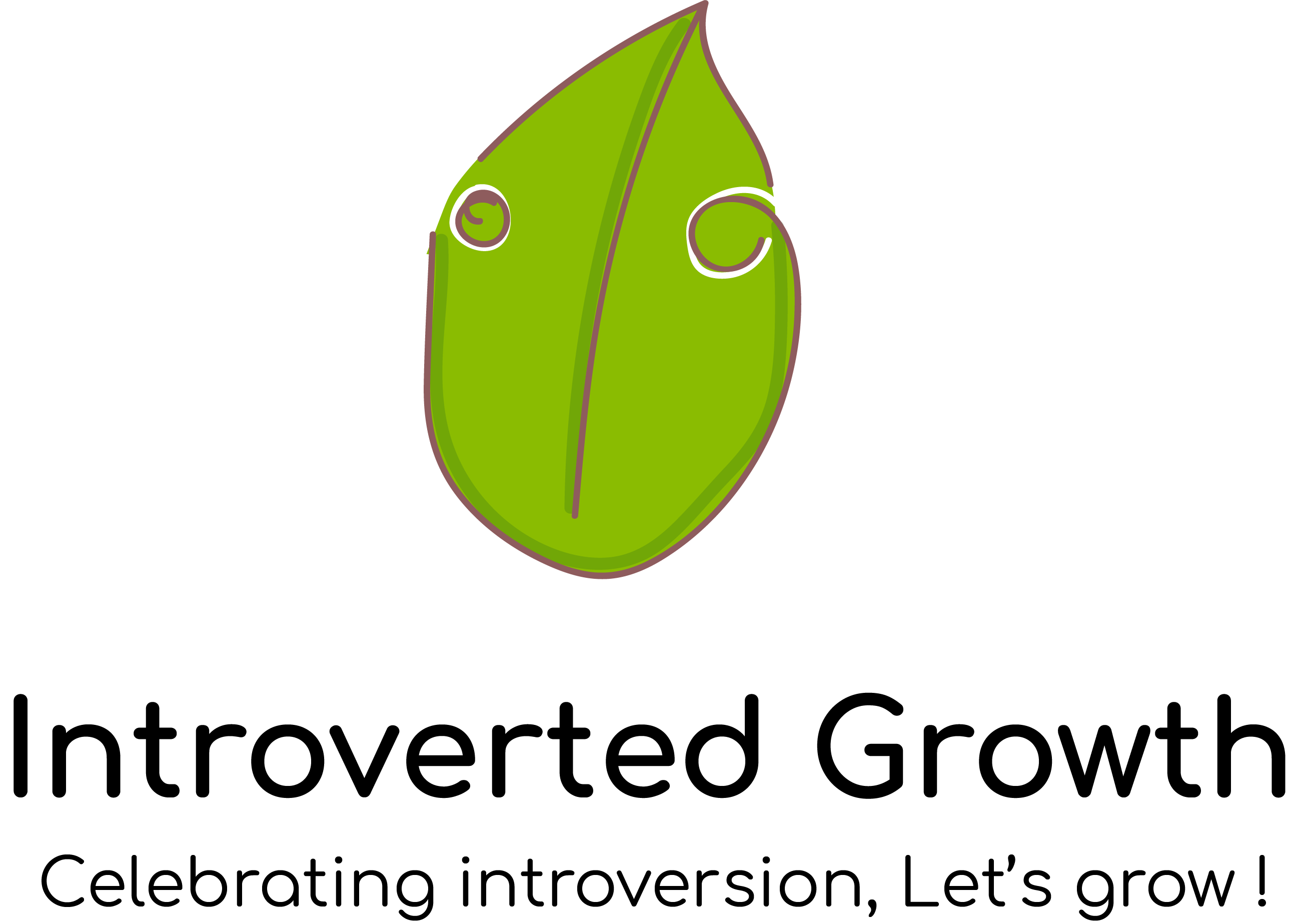In this article, we’ll discuss Enneagram Social 9, who are they, their strengths and weaknesses, and offer some growth tips for these individuals.
So if you’re a social 9 enneagram subtype, you’ve come to the right place!
Who is the Social 5 Enneagram?
Enneagram Social 5 is everything you think a core type 5 is with a touch of type 7. Social 5s are independent, introverted, and highly intellectual people. They value knowledge, understanding, and rationality above all else.
Social 5s are curious and have an insatiable appetite for learning and understanding. They have a strong desire to understand the workings of the world and the people in it.
They are often viewed as detached. This is often because they value their independence and the freedom to think and explore new ideas.
Their independence and tendency to keep to themselves can make them seem aloof or unapproachable. However, when they do open up, they can be incredibly engaging and interesting to talk to.
They possess a wealth of knowledge and insights, and they enjoy sharing their thoughts and ideas with others.
Their strong intellectual and analytical skills make them well-suited for careers in research, science, or academia. They thrive in roles where they can use their minds to solve problems and explore new ideas.
While this is true, the particular outlook or objective of an Enneagram Social 5 will depend on their background. Thus, it’s stereotypical, for example, to assume that all Social 5s will always make promising scientists.
The difference between the Social and other enneagram 5’s subtypes
The Enneagram Type 5 has three different subtypes, each with their own unique characteristics and traits. These subtypes are:
-
Self-Preservation 5 (SP 5)
The SP 5 subtype focuses on practicality and self-sufficiency, they tend to be reserved, practical, and independent. They prioritize self-sufficiency and self-reliance, and have a strong desire for privacy and solitude.
-
Social 5 (SO 5)
The SO 5 subtype focuses on understanding the social and cultural norms of the world around them. They are independent and introverted, but also have a strong desire to understand and connect with the people around them. They are often drawn to fields like research, science, or academia.
-
One-to-One/ Sexual 5 (Sx/So 5)
The Sx/So 5 subtype is similar to the Social 5, but they put more focus on close and intimate relationships. They are independent and introverted, but they also have a strong desire to understand and connect with the people around them, especially in a close and intimate context.
The main difference between Social 5 and the other 5 subtypes is in their focus and priorities.
Self-Preservation 5s prioritize their own needs and well-being, while Social 5s prioritize understanding and connecting with the people and the world around them. One-to-One 5s meanwhile, have a particular focus on close relationships and want to understand and connect with people in an intimate context.
Strengths of the Social 5 Enneagram
1.Intellectual Social
5s are highly intelligent and intellectually curious. They have a thirst for knowledge and understanding, and they enjoy exploring new ideas and concepts.
2.Independent
Social 5s value their independence and the freedom to think and explore on their own. They enjoy time alone to reflect and ponder, and they are comfortable with being alone.
3.Analytical
Social 5s possess strong analytical skills and have the ability to think critically and logically. They can make well-informed decisions based on data and evidence, and they’re often objective in their thinking.
4.Detached
Social 5s tend to be detached and objective, which allows them to see things from a different perspective. They are not easily swayed by emotions or personal biases and can make decisions based on logic and reason.
5.Adopts Some of Type 7’s Traits
There are a lot of differences between type 5 and type 7. However, some of type 7’s traits are visible with social 5s. One of these traits is the tendency to be optimistic and spontaneous. Social 5s may have a sense of excitement and enthusiasm for new ideas and opportunities.
6.Highly Adaptable
Social 5s are adaptable to changing circumstances. They are able to adjust their thinking and approach based on new information and are comfortable with ambiguity.
7.Resistant to Change
On the other hand, their analytical nature makes them resistant to change if it doesn’t align with their understanding of the facts. They may have trouble embracing new ideas that challenge their current understanding of the world.
8.Introverted
Social 5s are more introverted than extroverted. They prefer spending time alone and may have difficulty expressing their emotions and thoughts to others. They may come off as aloof or unapproachable to others.
9.Can be Disconnected from Emotions
Social 5s can become disconnected from their own emotions, and may have trouble understanding and relating to the emotions of others. This can make it difficult for them to connect with others on a deeper level.
Weaknesses of the Social 5 Enneagram
1.Over-reliance on the intellect
Social 5s may rely too heavily on their intellect and analytical skills and neglect their emotional and social needs.
2.Lack of connection
Social 5s may have difficulty connecting with others on a deeper emotional level and may come across as aloof or detached.
3.Struggles with change
Social 5s may struggle with accepting new ideas or changes that don’t align with their current understanding of the world.
4.Fear of vulnerability
Social 5s may have a fear of vulnerability and may have trouble sharing their thoughts and feelings with others.
5.Difficulty in expressing emotions
Social 5s may have difficulty expressing their emotions and understanding the emotions of others, which can make it hard to connect with others.
Growth tips for the Enneagram Social 5
-
Develop emotional intelligence
Emotional intelligence is the ability to understand and manage our own emotions and the emotions of others. Social 5s may benefit from developing emotional intelligence by learning to recognize and name their own emotions, and learning how to respond to emotions in a healthy way.
This can involve learning techniques for managing stress and anxiety, as well as practicing empathy and active listening. They can also benefit from therapy or workshops to develop emotional intelligence.
-
Challenge your beliefs
Social 5s are naturally curious and analytical, but they may also be resistant to change or new ideas that don’t align with their current understanding of the world. It’s important for them to challenge their beliefs and consider different perspectives.
They can do this by reading widely, exposing themselves to diverse opinions, and engaging in constructive debates and discussions. By doing this, they can broaden their understanding of the world and become more open-minded.
-
Connect with others
Social 5s may struggle with connecting with others on a deeper emotional level, and may come across as aloof or detached. They can work on connecting with others by making an effort to engage with people on a personal level, by expressing their thoughts and feelings, and by being more approachable.
They can also make an effort to participate in group activities and team projects that would bring them to interact with others. They can also benefit from therapy or workshops that focus on building social skills and emotional intelligence.
-
Be open to change
Social 5s may struggle with accepting new ideas or changes that don’t align with their current understanding of the world. To overcome this, they can make an effort to be more open to change by seeking out new experiences, trying new things, and being more adaptable.
They can also work on being more accepting of uncertainty, and developing a growth mindset.
-
Practice vulnerability
Being vulnerable means being open and honest about one’s thoughts, feelings and fears. Social 5s may have trouble expressing their emotions, and may have a fear of vulnerability. They can work on this by actively practicing vulnerability in their relationships and interactions with others.
This can involve sharing personal anecdotes, talking about difficult experiences, and being more open to feedback.
-
Practice self-care
Social 5s may neglect their emotional and social needs while they focus on their intellectual needs. They can work on this by prioritizing self-care and making time for activities that nourish their emotional and social well-being, such as spending time with loved ones, practicing mindfulness and meditation, or engaging in hobbies that bring them joy.
-
Find a balance between independence and interdependence
Social 5s may have a strong desire for independence and can have trouble relying on others. They can work on this by learning to find a balance between independence and interdependence.
They can learn when to rely on themselves and when to rely on others, and to develop a sense of trust and security in their relationships.
CONCLUSION
Your Social variant brings many unique strengths and challenges to your relationships, work, and personal growth.
Remember to take this information as a tool to help you get to know yourself better, but also keep in mind that each one of us is unique and cannot be fully captured by a personality typing system.
With a focus on self-acceptance, gratitude, and healthy relationships, you can continue to develop and thrive as an individual.




